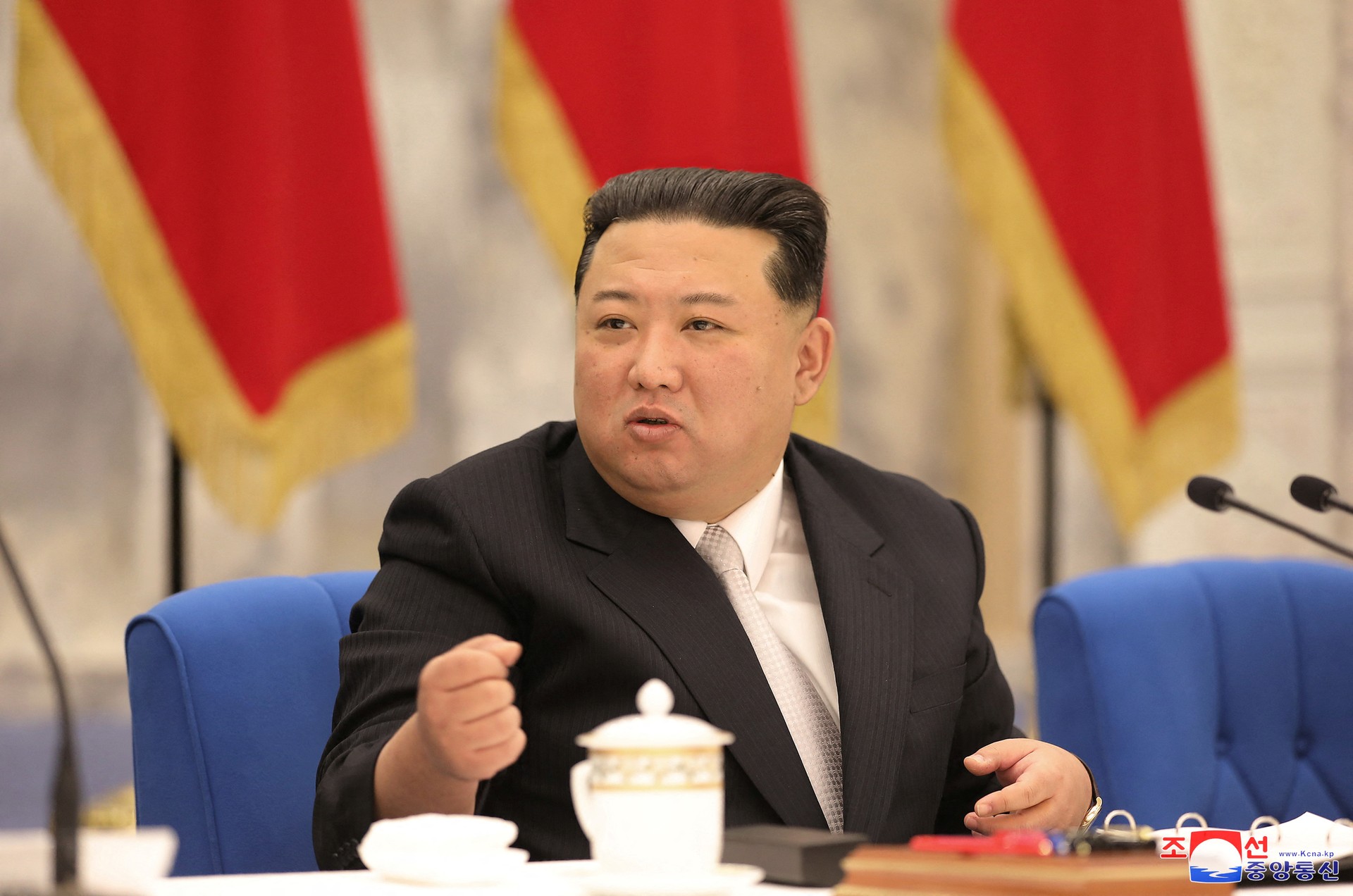
North Korean leader Kim Jong Un's latest decree has created turmoil, requiring citizens to donate human waste for fertilizer. This unprecedented policy has led to violence, theft, and the emergence of a black market for human excrement.
Adults must provide 1,100 pounds (500 kilograms) of human waste, while students have a quota of 440 pounds by Jan. 20. These quotas far exceed the average human annual production of 312 pounds.
Merchants are profiting by trading feces, as citizens struggle to meet unrealistic quotas.
Violent confrontations over waste have been reported, including a fight between two men in South Pyongan province, where axes and shovels were used.
The policy reflects North Korea's dire economic and agricultural situation, compounded by international sanctions and resource shortages. The regime has implemented similar measures in the past to compensate for dwindling supplies of industrial fertilizer.